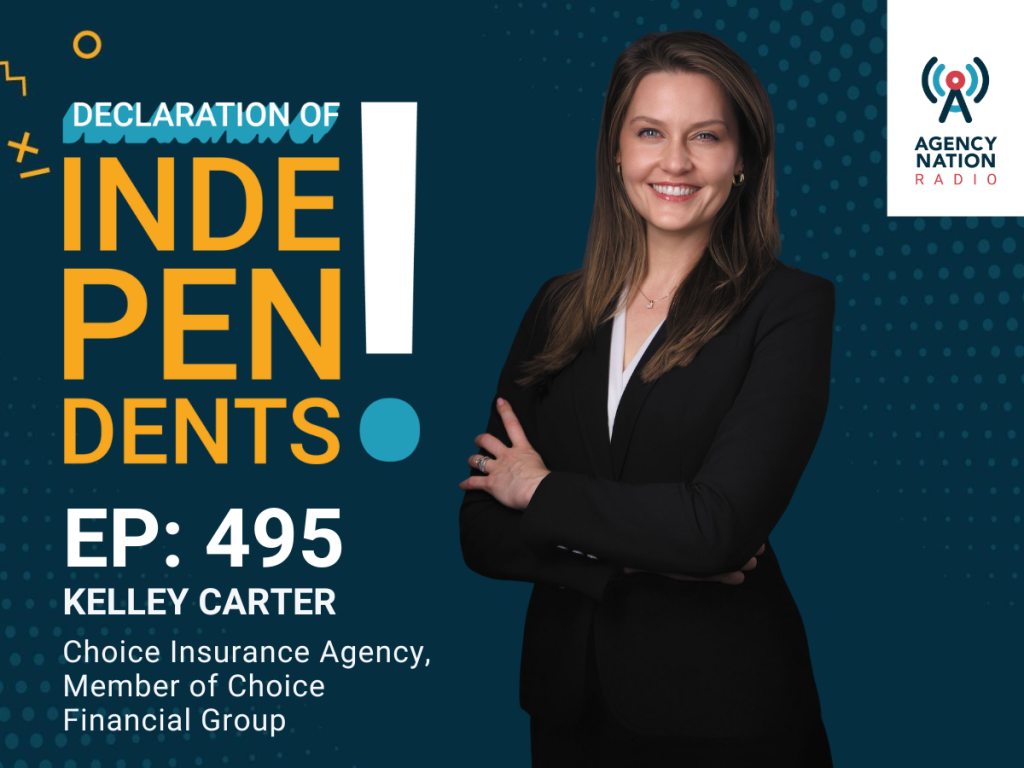Why You Should Stop Saying ‘Value-Added’

By: Susan Toussaint
Let’s face it—in the sales world, what worked yesterday isn’t likely to work today. The term “value-add” is a throwback to an old way of engaging with prospects, and it has no place in today’s sales environment.
Selling processes typically fall into one of three categories: transactional, value-added and consultative. Transactional selling is a price-dominated approach; the lowest price wins the deal. This type of selling places little emphasis on differentiation, and the product is often viewed as a commodity.
On the other end of the spectrum is consultative selling, where the value is in the business relationship. The buyer recognizes that absent a business relationship with the seller, their business is at risk.
Somewhere in the middle is value-added selling. As with transactional selling, the focus is on price, but there’s also the promise of additional tools, resources or services at no additional charge to the buyer. Value-added sellers often view themselves as consultative, but they’re really transactional sellers with a higher acquisition cost—and lower margins.
From a seller’s point of view, the biggest problem with value-added selling is that your competition can easily duplicate the services, tools and resources that you’re calling “value-added.” There was a day when having in-house claims managers was a value-added incentive for selecting one agency over another. What happened? Other agencies started hiring their own claims staff. The same happened with loss control, Zywave and, most recently, services like ThinkHR.
Plus, those services, subscriptions and tools aren’t really free—at least not to the seller. We’ve seen agencies with million-dollar back offices that have made significant investments in top-of-the-line online resources, only to have them sit idle because clients don’t understand their value or how to leverage it.
In addition to reducing margins and increasing the cost of client acquisition, value-added selling also shifts the value away from the seller and onto a product, tool or resource. That’s not exactly a way to build a long-term relationship. You create long-term value when a client recognizes you and your agency as a source of business value.
Value-added selling doesn’t work, not because the extra tools, resources and services aren’t powerful or purposeful, but rather because you haven’t linked them to the risk, threat or waste the client wants to address. Until you help a client discover a risk or threat to their business—and get them to agree that they need to address it—business owners or managers are unlikely to allocate the time necessary to incorporate value-added resources into their business practices.
We recently worked closely with an agent who left her agency for a substantially larger national broker. Within the first six months, she was able to move more than 70% of her book. Her clients knew that the value they were receiving came from not the tools and resources, but rather the agent herself, who’d helped them identify and address significant business threats. The agent was able to recreate the tools and resources her clients used at her new agency.
There is greater value in what you help your prospects and clients learn about their business, the marketplace, and their risks and threats than there is in providing them with tools and resources that aren’t linked to challenges they agree they need to overcome. By making your agency the most valuable factor in a business relationship, you’ll develop deeper, more meaningful long-term relationships.
Susan Toussaint is partner and co-founder of Oceanus Partners, a firm dedicated to helping insurance professionals working in all lines of business insurance improve sales and client retention.










